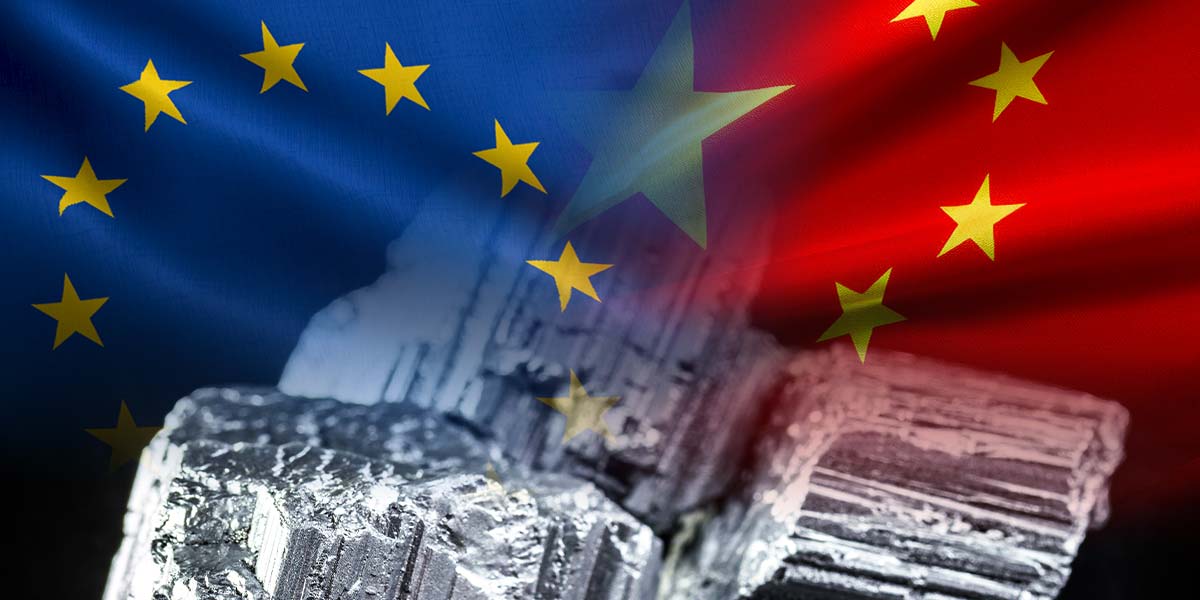European companies are bracing for additional production halts and mounting financial losses as China’s stringent controls on rare earth exports continue, despite a July agreement to expedite shipments to the region.
The European Union Chamber of Commerce in China indicated that agreements and commitments made at the EU-China summit on July 24 have done little to address ongoing difficulties for European businesses. Member companies continue to experience significant challenges with regulatory bottlenecks remaining unresolved.
Industries such as European automakers and others have struggled with delays and widespread shutdowns after China imposed export restrictions on certain rare earth materials and associated magnets.
These controls followed U.S. tariffs announced by President Donald Trump, prompting broader supply chain disruptions. Chip manufacturers have also reportedly requested exemptions or relief from Chinese authorities.
China, which dominates the global processing and refinement of rare earth elements crucial for sectors including automotive and defense, has defended its export measures as treating all countries equally, arguing that the rules are not specifically targeted at any nation.
In July, European Commission President Ursula von der Leyen and Chinese President Xi Jinping agreed to speed up the licensing process for European firms seeking to import critical raw materials from China. However, China did not commit to longer-term licences or waive licence requirements for materials destined for the EU, which remained a key European request.
The chamber noted that approvals for licences have in fact slowed since the July summit, with member companies increasingly contacting the chamber for assistance. There has been little concrete change in the situation for exporters since the high-level talks. Following these developments, more companies are expected to be forced to suspend operations.
While customs data from China show rare earth magnet exports—including those to Europe—have increased since June as a result of certain U.S. and EU deals, less than a quarter of the approximately 140 export licence applications related to the chamber have been approved by Chinese authorities.
Several firms are now submitting applications earlier than usual, attempting to preempt shipment delays that could otherwise result in significant financial losses.





